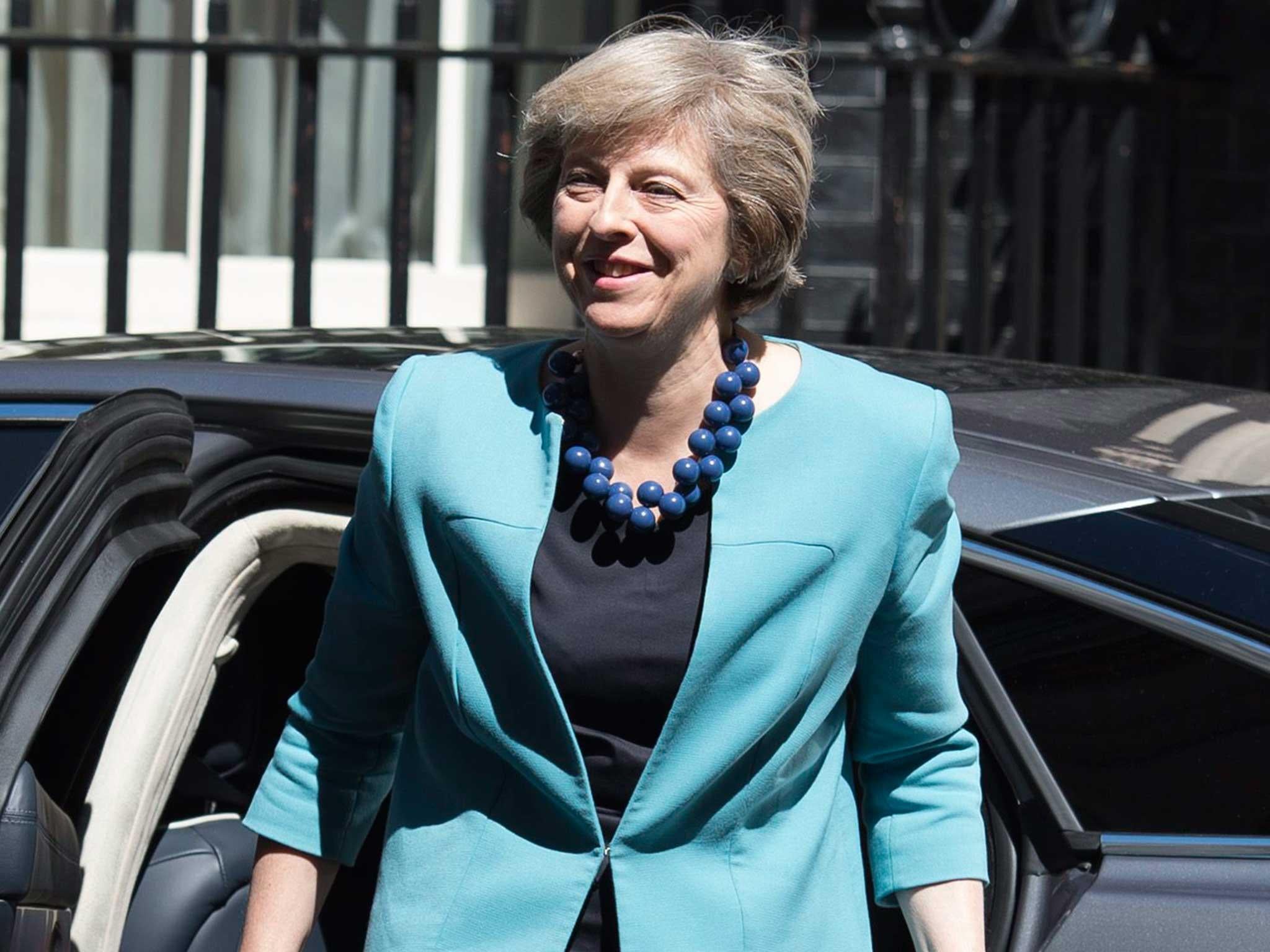Government urged to scrap controversial Higher Education and Research Bill as universities brief shifts department
UCU says it is 'absurd' to believe domestic politics 'can simply carry on regardless', considering political events over last 3 weeks

The Government is being urged to scrap a controversial higher education (HE) Bill in the wake of Theresa May’s Cabinet reshuffle.
The University and College Union (UCU) has said changes to government departments, cabinet appointments, and the Brexit result mean continuing to push the HE and Research Bill through Parliament regardless would be “absurd.”
The Bill is the first of its kind for a decade, and includes some of the biggest university reforms in recent years. Published by the Government in May - after being set out in the Queen’s Speech - it will enact the reforms in the recent white paper, including the Teaching Excellence Framework (TEF).
Students and the wider HE community have been arguing against proposals to link TEF with an increase in tuition fees, a move which caused mass outrage with the sector disputing that students are already being saddled with too much debt, even more than their counterparts in the US, New Zealand, Canada, and Australia.
With Mrs May now having moved the Universities and Skills brief from the Department of Business, Innovation and Skills - which was originally tasked with implementing the Bill - to the Department for Education (DfE), UCU says the implications of the Brexit vote on universities alone should have been enough to halt proceedings.
UCU general secretary, Sally Hunt, said the extraordinary events of the last three weeks mean it is “quite absurd” to believe domestic politics “can simply carry on regardless.” She added: “However, the Bill is currently still proceeding through Parliament and due its second reading next week.
“The Bill was conceived in a pre-Brexit world and, whatever its merits or otherwise, its significance for HE is dwarfed by the implications of the UK leaving the EU. Now the universities and skills brief has been moved into a different government department, it is time to put the Bill to one side.
“We would like to see a non-partisan inquiry looking at how we can safeguard the future of our brilliant universities and colleges, and ensure staff and students from around the world continue to be welcome here.”
Dame Julia Goodfellow, president of Universities UK, said moving HE and skills into the DfE “provides benefits” in terms of making the valuable link between schools, universities, and skills. However, she added: “We will need to know how science and research links within this new structure. Teaching, research, and local partnerships are core to what universities do, so it is important this is recognised in the structure of departments.”
Student leaders from across the country had only just met with Universities Minister Jo Johnson this week to challenge the Bill and express their disapproval of Tory plans to further increase fees.
Attendees at the meeting also discussed the need for a stricter regulatory regime for new providers and substantive student protections requirements, while also bringing up the need to make “meaningful change” to widening access and participation, making it clear they want to be included and listened to in any debates about the future of the HE system.
The National Union of Students (NUS) said it was pleased to see new Education Secretary, Justine Greening, as the first in the role to have gone to a comprehensive school, with Mrs May’s Cabinet, overall, having the lowest number of privately-educated ministers in more than 70 years.
NUS vice president for higher education, Sorana Vieru, said: “We hope this gives her a more equitable view of education as a whole. We look forward to working with her and we hope she takes the views of students more seriously than previous ministers.
“This is a very important time for students with potentially damaging changes to HE on the horizon. Given the uncertain political climate, we expect to be listened to so that students’ interests are prioritised.”
Join our commenting forum
Join thought-provoking conversations, follow other Independent readers and see their replies
Comments
Bookmark popover
Removed from bookmarks